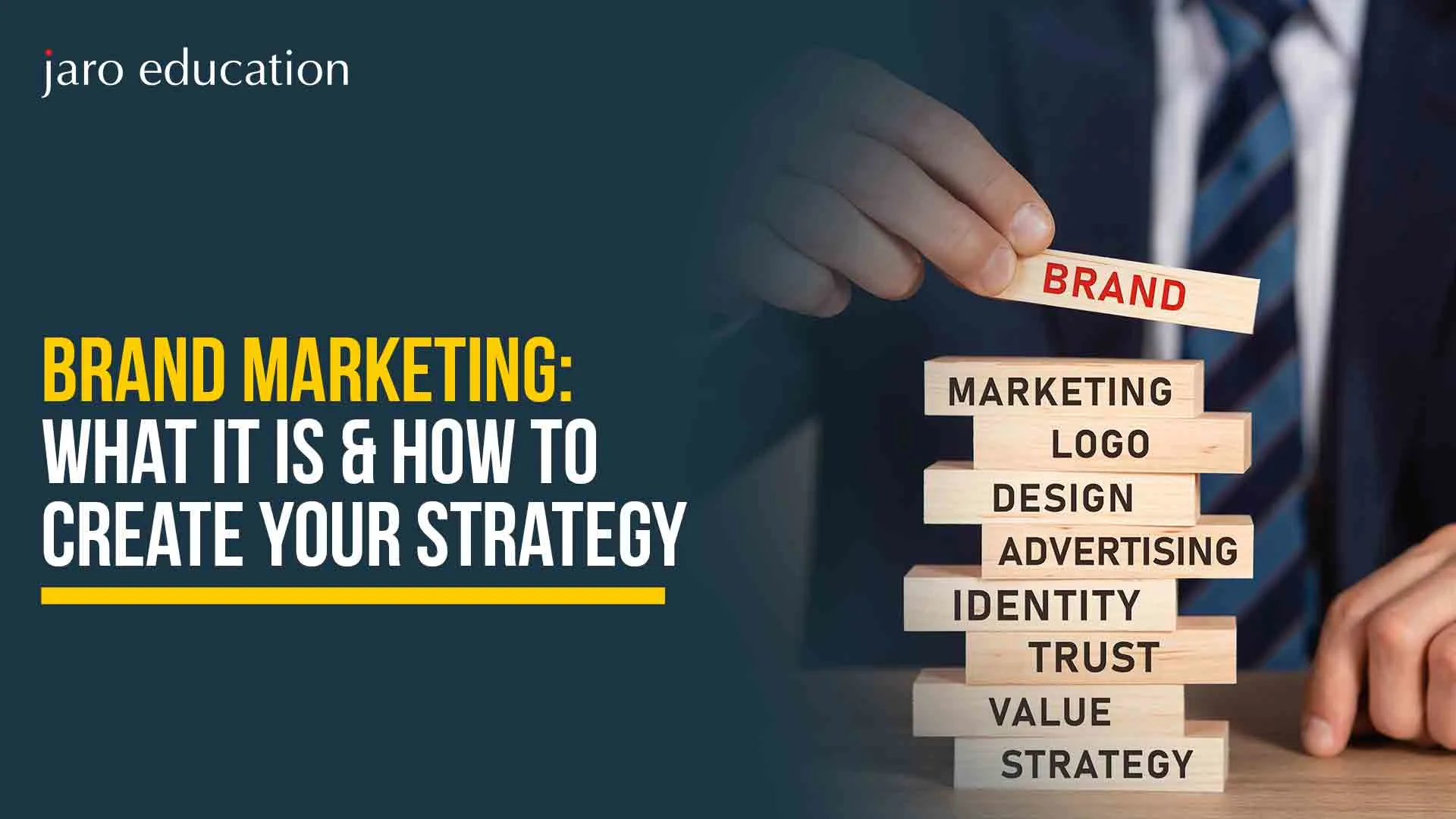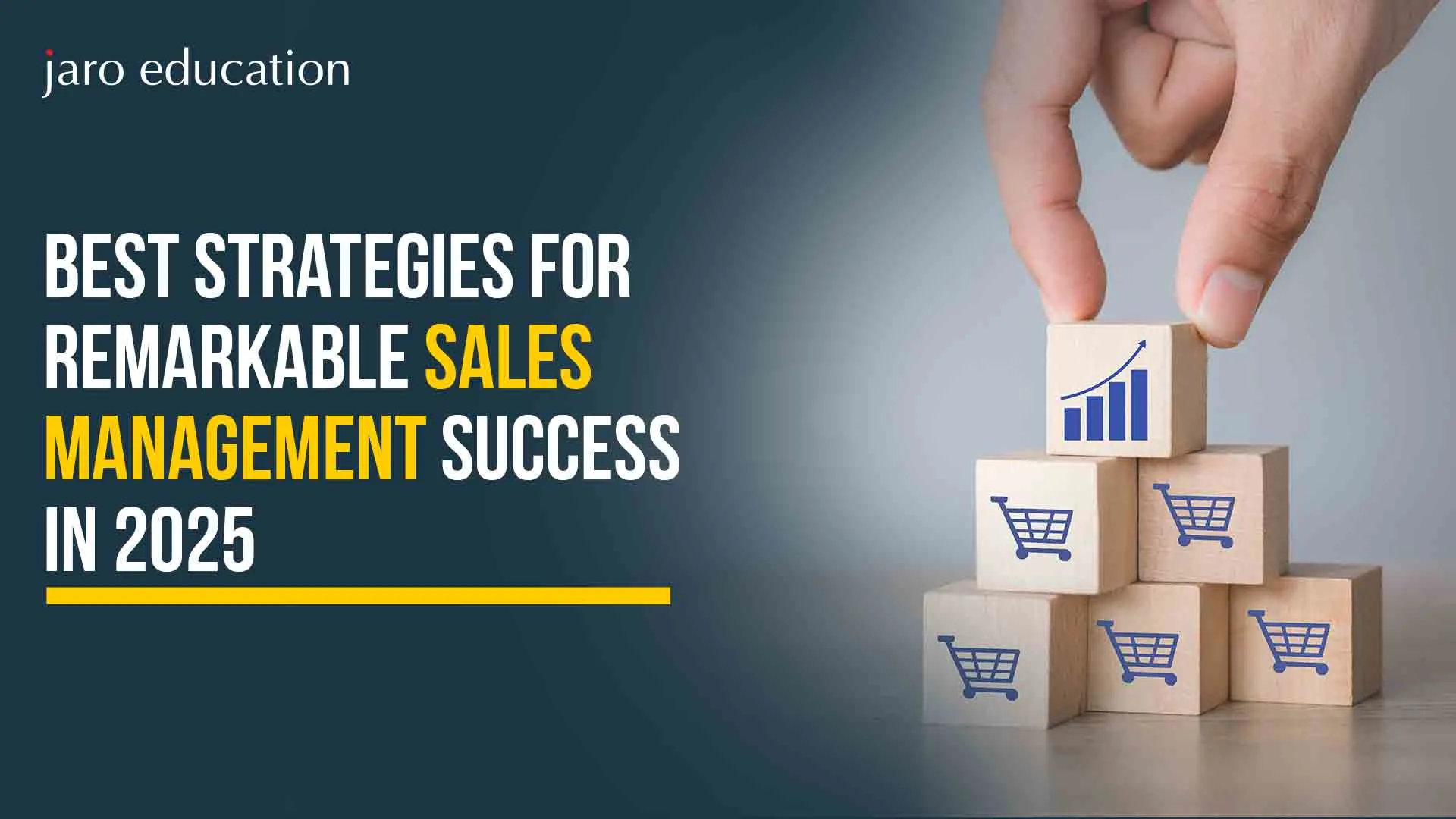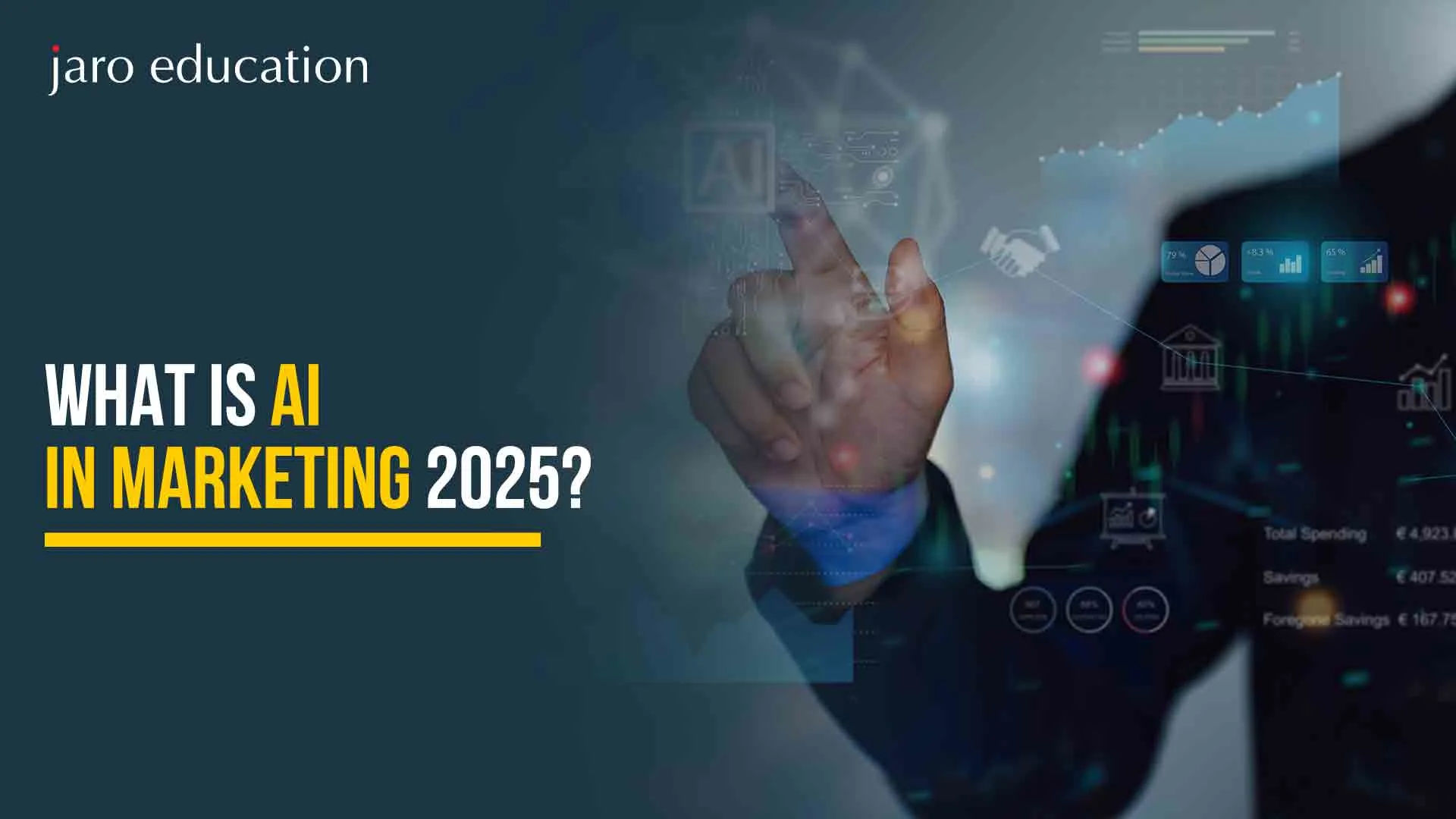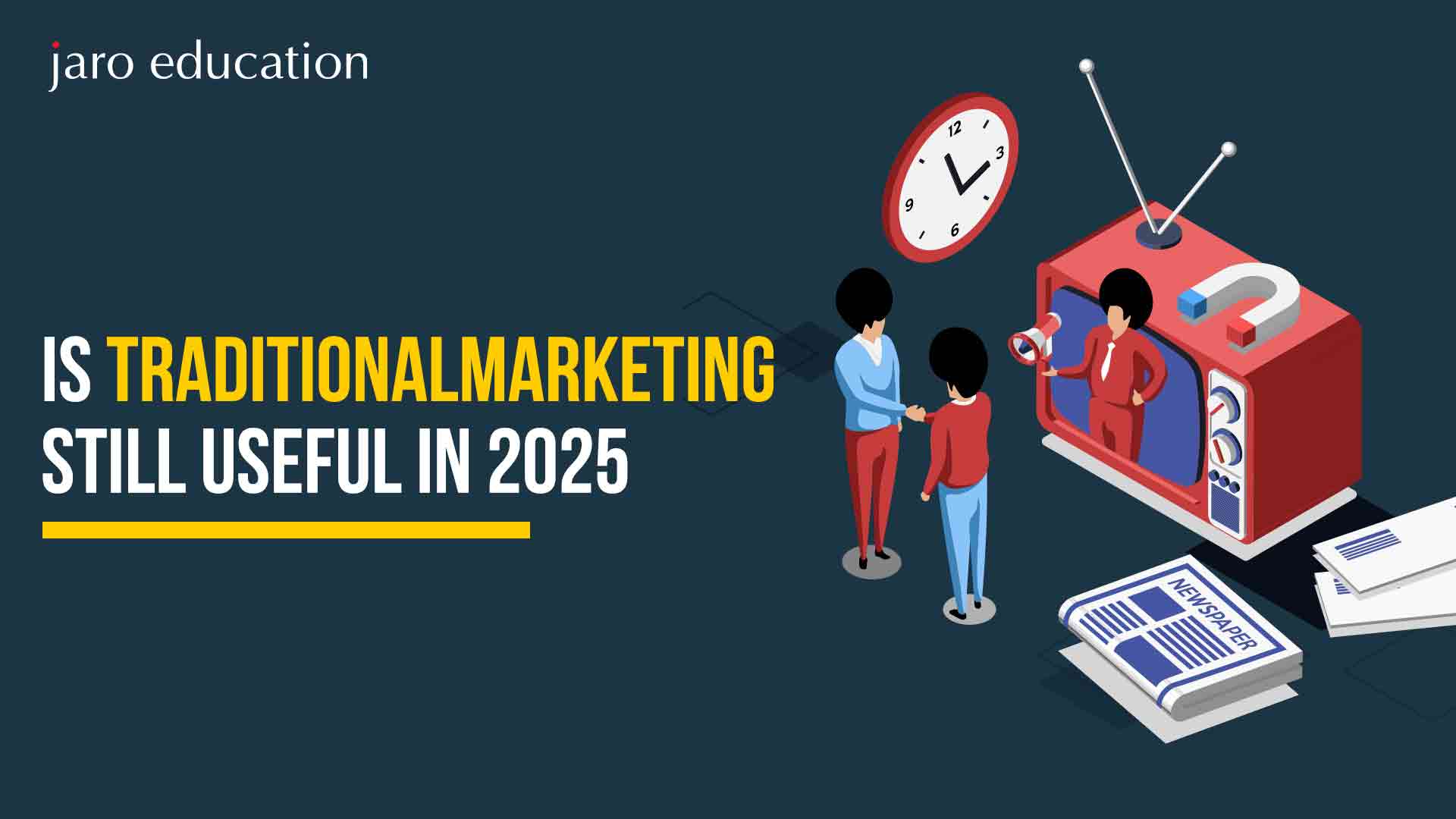What Is SEL? Key Elements & Real-Life Examples
Table of Contents
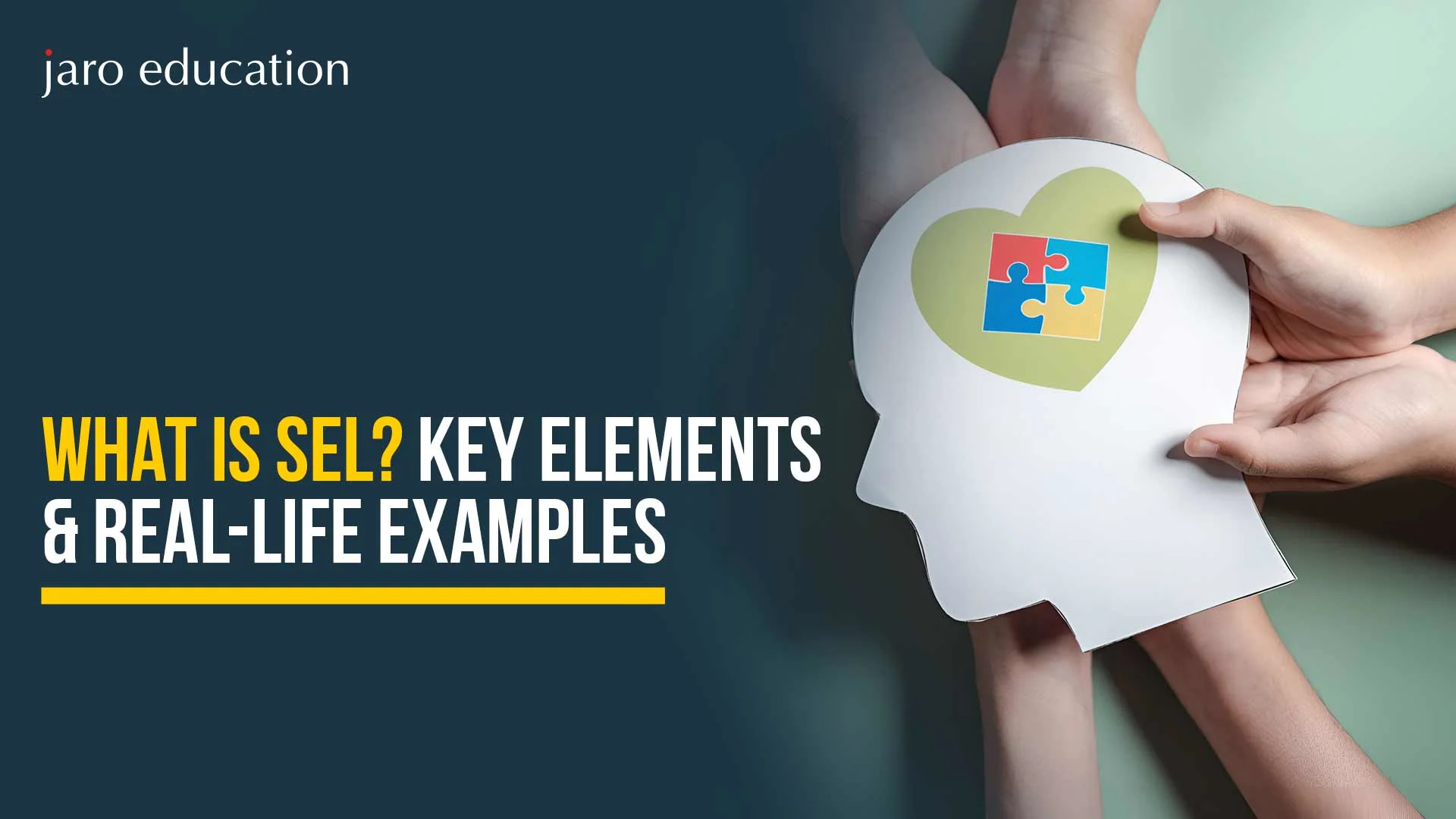
In an increasingly complex and dynamic professional world, technical expertise alone is no longer enough. Today’s employers are looking beyond degrees and certifications—they’re seeking individuals who can lead with empathy, communicate effectively, adapt to change, and work well within diverse teams. These capabilities fall under the umbrella of Social Emotional Learning (SEL), a transformative framework that’s rapidly gaining importance across industries. But what is Social and Emotional Learning, and how can it shape your professional journey? Let’s explore.
The Missing Skill in the Modern Professional’s Toolkit
Have you ever wondered why some individuals thrive in fast-changing workplaces while others struggle to adapt even when they have similar qualifications? In today’s world, technical know-how is just one piece of the puzzle. The other, often overlooked, is emotional intelligence.
As professionals navigate upskilling, career transitions, and leadership roles, one vital skill stands out: Social Emotional Learning (SEL). Whether you’re aiming to lead diverse teams, collaborate more effectively, or manage high-stress environments, Social and Emotional Learning can be the bridge between potential and performance.
With emerging fields demanding more than just hard skills, cultivating your social and emotional development is no longer optional—it’s a strategic necessity. Let’s dive into what makes social-emotional learning a game-changer and how it can impact your career journey in real, measurable ways.
Common Challenges in Practicing SEL at Work
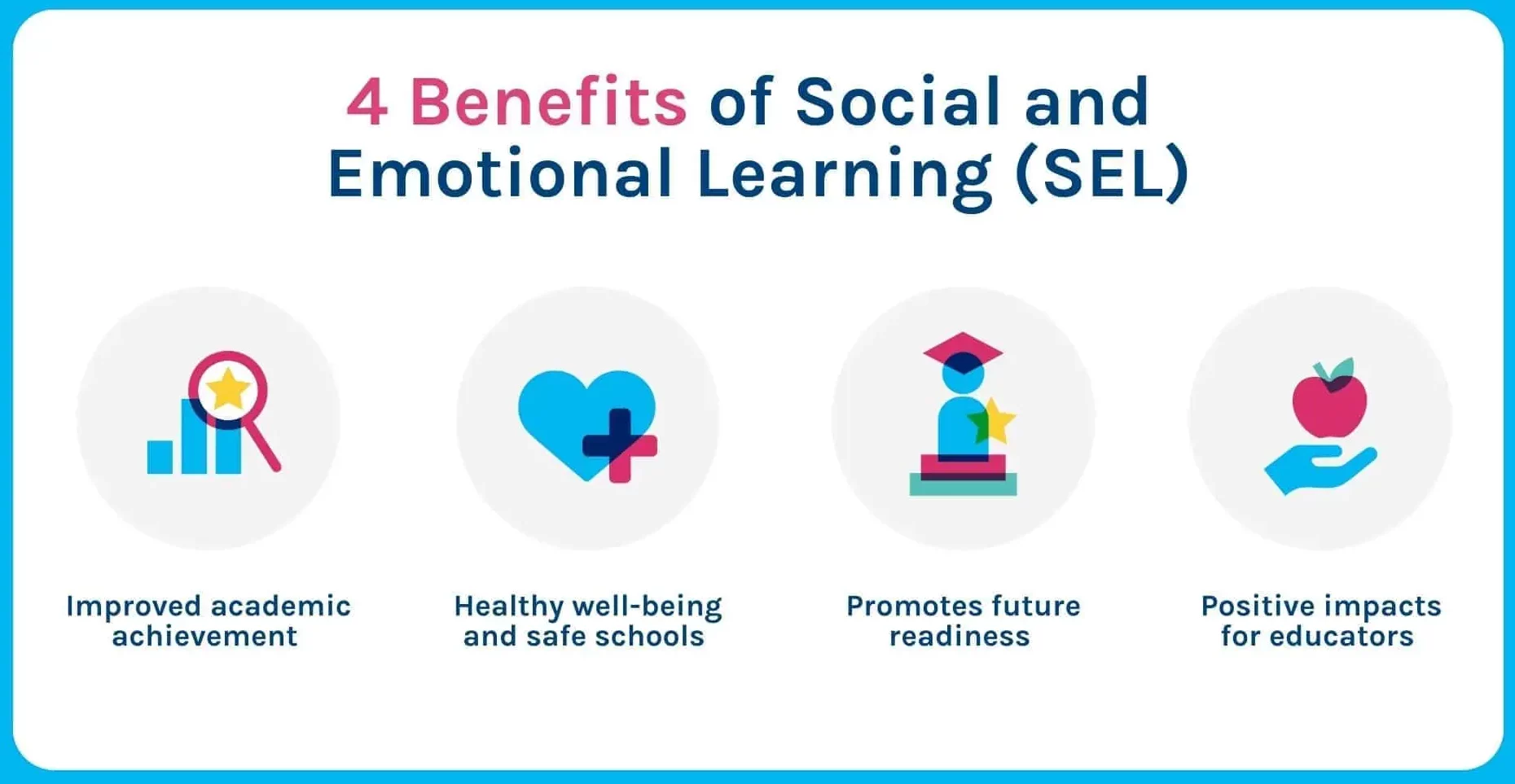
*powerschool.com
While the benefits of social-emotional learning are undeniable, integrating SEL into the workplace isn’t always seamless. Many professionals face real-world challenges that can hinder their emotional growth and limit the impact of these powerful skills.
1. Workplace Culture Conflicts
In rigid or high-pressure environments, expressing vulnerability or practicing self-awareness can be misunderstood as weakness. Teams that lack psychological safety often struggle with open communication and feedback—two core components of SEL.
2. Time and Energy Constraints
With back-to-back meetings, deadlines, and performance targets, many professionals feel they don’t have the time to pause and reflect. As a result, emotional intelligence and relationship-building often take a backseat to immediate outputs.
3. Bias and Blind Spots
Without intentional reflection, professionals may overlook unconscious biases that limit their empathy or harm team dynamics. Failing to engage in honest feedback loops can lead to poor decision-making and repeated interpersonal conflicts.
4. One-Size-Fits-All Training
Many companies roll out generic training programs that fail to address unique team dynamics or individual challenges. Without personalized social-emotional learning activities and support, it becomes harder for professionals to translate theory into action.
5. Practical Tip
To overcome these challenges, start small. Journaling, active listening, and goal-setting exercises can be integrated into daily routines.
What Is SEL? Understanding Social Emotional Learning and Its Key Elements
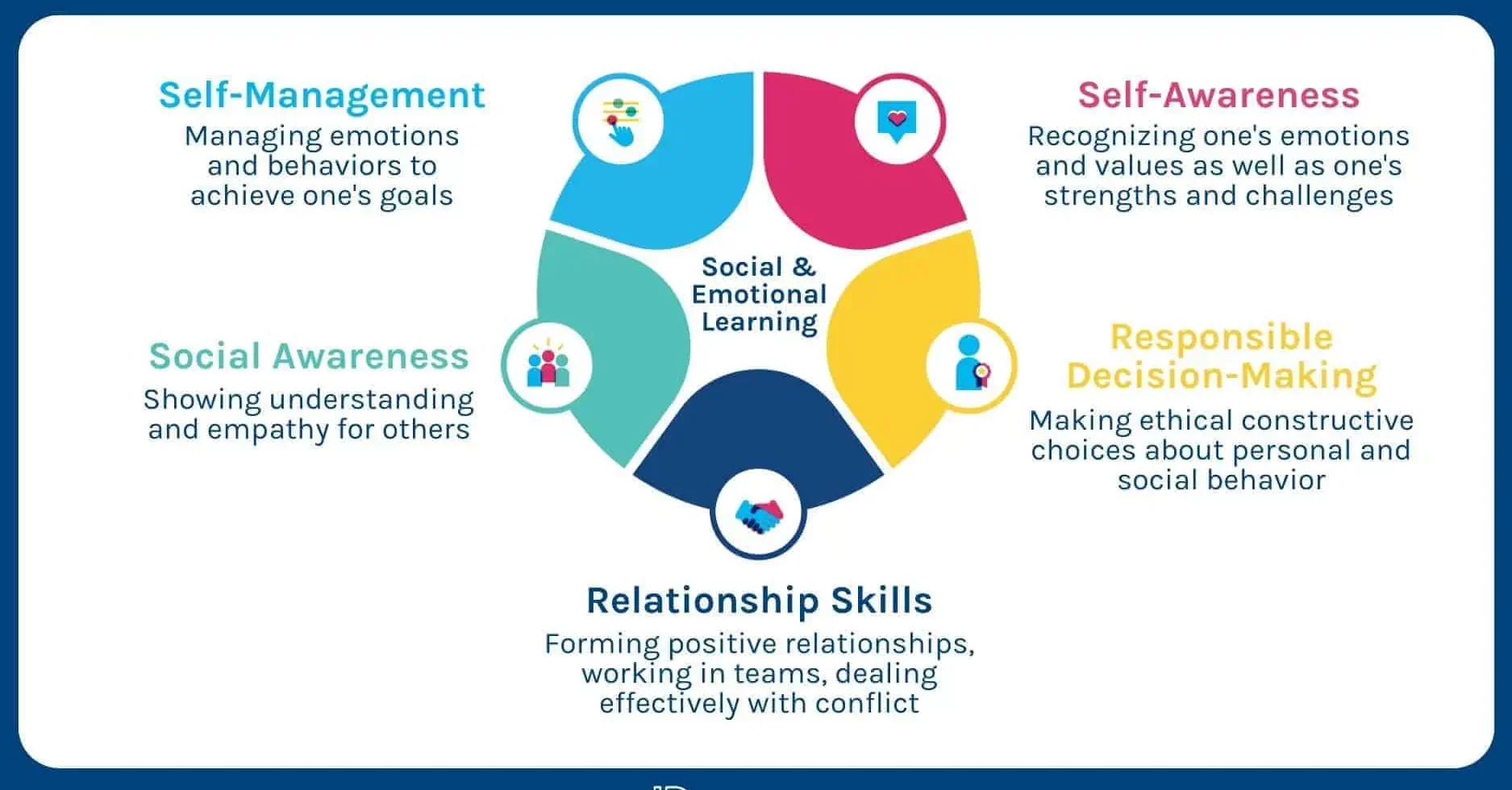
*powerschool.com
Social Emotional Learning (SEL) is the process through which individuals develop self-awareness, self-control, interpersonal skills, and decision-making abilities that are crucial for success in personal and professional environments.
Let’s explore the key elements of social emotional learning through a practical lens—what it is, how it works, and why it matters.
1. Self-Awareness: Know Yourself to Grow Yourself
Definition: The ability to understand your own emotions, thoughts, and values.
Why It Matters:
- Enhances decision-making
- Reduces impulsive behavior
- Builds confidence
2. Self-Management: Regulate to Navigate
Definition: Managing emotions, thoughts, and behaviors effectively in different situations.
Key Skills:
- Stress management
- Goal setting
- Self-discipline
| Skill | Impact at Work | SEL Activity |
|---|---|---|
| Stress Management | Avoid burnout during high-pressure projects | Guided breathing sessions or mindfulness breaks |
| Goal Setting | Stay focused on long-term career goals | SMART goal planning with milestones |
| Emotional Regulation | Minimize conflicts and reactive behavior | Journaling and reflection exercises |
3. Social Awareness: Empathy in Action
Definition: The ability to understand and empathize with others, including those from diverse backgrounds.
Industry Relevance:
In hybrid and global teams, empathy boosts collaboration and reduces communication breakdowns.
Social Emotional Learning Activities:
- Diversity and inclusion workshops
- Perspective-taking role plays
- Virtual exchange programs
4. Relationship Skills: Building Bridges, Not Walls
Definition: Establishing and maintaining healthy, rewarding relationships with diverse individuals.
Applicable Scenarios:
- Leading cross-functional teams
- Networking effectively
- Resolving conflicts diplomatically
| Role | Required SEL Trait | Example |
|---|---|---|
| HR Manager | Conflict resolution | Mediating a workplace dispute |
| Product Owner | Communication clarity | Aligning goals across departments |
| Sales Executive | Active listening | Tailoring pitches to client needs |
5. Responsible Decision-Making: Thinking Beyond the Moment
Definition: Making ethical, constructive choices about personal and social behavior.
Includes:
- Risk assessment
- Evaluating consequences
- Aligning with ethical standards
The Science Behind SEL: What Research Says
Social Emotional And Learning (SEL) isn’t just a buzzword—it’s a science-backed approach to building the emotional intelligence professionals need in today’s high-pressure, fast-evolving workplaces. From neuroscience to organizational psychology, the evidence is clear: Social and Emotional Learning strengthens the mental and emotional skills that directly impact performance, well-being, and leadership effectiveness.
A 2024 meta-analysis published in PubMed found that emotional intelligence interventions in professional settings significantly enhanced participants’ competencies in self-awareness, empathy, and emotion regulation. These improvements remained consistent even three months after training—proving SEL’s lasting impact.
Similarly, a peer-reviewed study published in the Journal of Management Studies and Research confirmed that professionals with higher emotional intelligence consistently performed better in areas like conflict resolution, adaptability, and leadership—particularly in fast-paced sectors like healthcare, education, and finance (JMSR, 2023).
Further research from TalentSmart shows that emotional intelligence is responsible for 58% of job performance across roles, and 90% of top performers score high in emotional intelligence, regardless of industry or technical expertise (TalentSmart, via ICTSD).
For professionals seeking long-term career development, the science is clear: investing in Social and Emotional Learning is investing in a more resilient, adaptable, and emotionally intelligent version of yourself. The result? Better decisions, stronger relationships, and leadership that resonates in every team interaction.
Why Social and Emotional Learning Matters in Today’s Workforce
In today’s evolving job market, where automation and AI are transforming traditional roles, the ability to connect, empathize, and lead is becoming a key differentiator. Organizations are prioritizing professionals who can navigate interpersonal dynamics just as effectively as technical tasks. Social emotional development helps individuals with the tools to thrive in collaborative environments, manage workplace stress, and make thoughtful decisions—skills that are vital for long-term career success across industries.
Market Demand and Industry Relevance
NASSCOM-backed data (AmbitionBox) details typical salary ranges in the IT & Software sector—Deputy Manager roles ₹10–15 LPA evolving up to ₹25 LPA and beyond—aligning with roles requiring strong self‑management, communication, and leadership competencies:
| Industry | SEL Skill in Demand | Salary Range (INR/year) | Source |
|---|---|---|---|
| IT & Software | Communication, Self-management | ₹6.5L – ₹25L | NASSCOM |
| Healthcare | Empathy, Decision-making | ₹5L – ₹22L | |
| Education | Social awareness, Emotional regulation | ₹3.5L – ₹18L | The Wall Street Journal |
| BFSI | Self-control, Relationship skills | ₹7L – ₹30L | Crescendo-global |
Benefits of Social Emotional Learning in the Workplace
Investing in social-emotional learning not only enhances individual performance but also contributes to healthier workplace cultures. From improved communication and leadership to reduced turnover and burnout, Social Emotional Development helps professionals to handle challenges with resilience and empathy—qualities every forward-looking organization values.
| Pros | Cons (When Lacking SEL) |
| Higher productivity | Increased interpersonal conflicts |
| Improved leadership capacity | Poor employee engagement |
| Better mental health | Higher stress and burnout levels |
| Stronger team collaboration | Weak feedback culture |
The Future of Work Is Emotional
In an era of Artificial Intelligence, automation, and rapid industry shifts, the most human skills—empathy, adaptability, and ethical judgment—are becoming the most valuable.
Social emotional learning isn’t just for schoolchildren; it’s the backbone of resilient, future-ready professionals. As you explore upskilling avenues or plan your next career move, consider programs that emphasize not just what you know, but how you grow.
With Jaro’s trusted guidance, personalized support, and exclusive programs from top institutes, you can confidently align your emotional intelligence with career ambition.
Explore your next step with Jaro Education. The future is emotional—are you ready?
Frequently Asked Questions
What kind of support does Jaro provide during the course?
Jaro offers end-to-end support, including onboarding, live session coordination, doubt resolution, and career counseling. Learners also benefit from Jaro Connect, a thriving network of peers and alumni.
Can I apply if I am working full-time?
Yes. Most programs are designed for working professionals and offer flexible online learning formats with weekend or evening sessions.
How is this program different from a regular online course?
Unlike generic online courses, Jaro’s programs are in partnership with premier institutes like IIMs and IITs. The content is curated, academically rigorous, and tailored to industry needs. Jaro also offers career guidance and learning support throughout.
Will this program help me transition into a new industry?
Many Jaro learners have successfully transitioned into leadership, tech, or management roles. While outcomes depend on individual effort and market conditions, Jaro provides the right academic and strategic foundation to support such transitions.
Is prior knowledge of psychology or behavioral science required to understand social-emotional learning concepts?
No. Jaro’s partnered programs that include social-emotional learning components are designed for professionals from diverse academic and industry backgrounds. All foundational concepts are explained clearly, and practical applications are emphasized to ensure relevance and ease of understanding.
How can I measure the impact of social-emotional learning on my career growth?
The impact of social-emotional learning can be seen in improved team collaboration, stronger leadership feedback, enhanced conflict resolution skills, and better performance reviews. Many professionals also experience increased confidence in decision-making and workplace interactions, which contributes to career advancement over time.












